Pay and training time are typically the top factors people take into consideration when deciding on a new career path like geology, but people are also increasingly considering happiness levels as well.
After all, the average person spends over a third of their life working – job satisfaction is vital to prevent burnout.
So, are geologists happy? According to most surveys, happiness levels among geologists are above average.
That said, levels of satisfaction can vary greatly in this career path, and longevity depends on a number of factors.
Table of Contents
What does “above average” happiness mean?
Career satisfaction surveys rate job happiness on a scale or star system. A score of “above average” for geologists simply means that the majority of respondents rated their job satisfaction in the middle range, leaning toward being satisfied overall.
It also means they are generally happier than those in most other career paths.
Who calculates geologist job satisfaction?

There are various sources that collect data on geologist job satisfaction, with slightly differing results:
- Career Explorer – geologists scored a 3.3 on a scale of 1 to 5 stars and are considered to be at “average” career happiness.
- Stonybrook University – an assessment of geology as a career field declared geologists “claim high levels of job satisfaction.”
- Payscale – over 211 geologist survey respondents reported above-average job satisfaction, scoring 3.68 on a 5-point scale.
- Minot State University – Geoscience careers report “high levels of job satisfaction.”
Are geology students happy?
In a UK survey of university students published in Forbes, geology majors were found to be the happiest students on their college campuses.
Over 95% of survey respondents reported being satisfied with their chosen field of study, a higher percentage than those studying any other major.
How does geologist happiness compare to other careers?
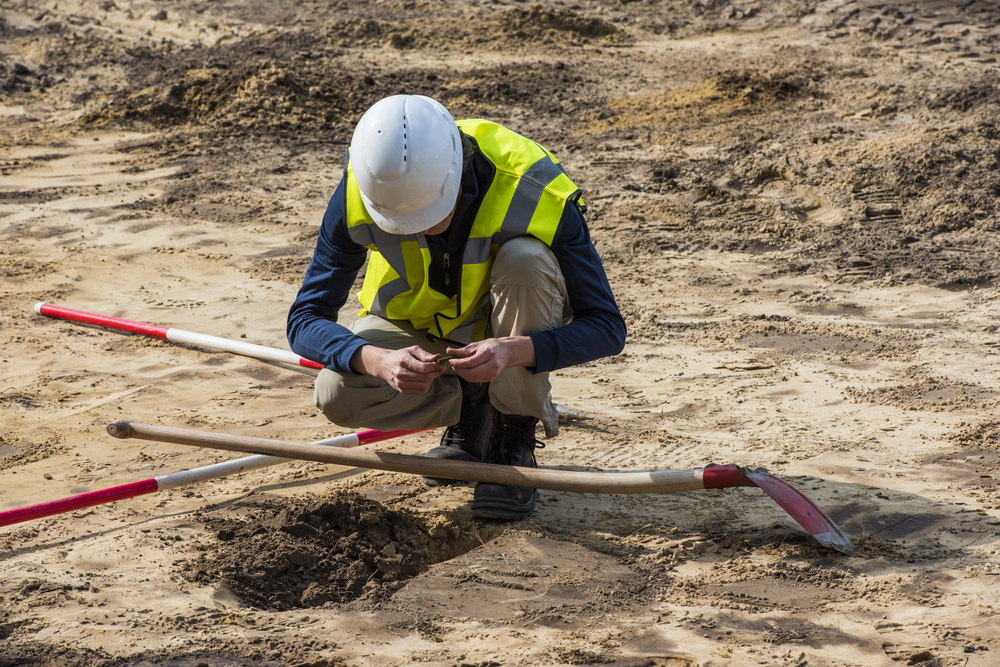
Since job satisfaction is deemed “above average” for geologists, they are considered happier but not significantly happier compared to other careers.
Career Explorer’s results places geologists in the top 46% of fields, for example, which still falls in the middle or “average” range.
Careers with similar focuses and scores (compared to a geologist’s 3.3 stars) in Career Explorer’s surveys are:
- Biochemist – 3.3 stars
- Geospatial information scientist – 3.3 stars
- Geodesist – 3.3 stars
- Geographer – 3.2 stars
- Soil and water conservationist – 3.2 stars
How popular is geology as a career path?
Geology or “Geological and Earth Sciences” consistently ranks between the 80th and 90th most popular major in the United States.
Less than 10,000 students graduated with a degree in the field every year. It is, therefore, not exactly a popular career.
Is geology a worthwhile career?

Growth and demand are key factors when considering whether a career is worth pursuing, which in turn contributes to worker satisfaction.
Reports show that there are around 20,000 open positions in geology during most years.
According to the U.S. Bureau of Labor Statistics, geology is poised to grow by about 7% as a career field over the next 10 years, with open positions increasing by 2,000.
Forbes has frequently ranked geology as one of the top 15 most valuable undergraduate college majors.
Can geologists get promoted?
Promotions are generally limited in geology fields, with most raises coming when additional certifications and certain milestones are reached.
A person can be promoted to senior geologist, however, if they are leading a field team. Others go on to become professors of geology or consultants with a certain specialty, which may be considered a promotion.
How many hours a week do geologists work?
The majority of geologists work around 40 hours a week, not including travel time. However, a geologist’s specialization could result in significant overtime hours depending on environmental needs.
For example, a volcanologist (a geologist specializing in collecting volcanic data) typically will have to work additional hours if an eruption is anticipated soon or unusual changes to the environment are found.
How long do geologists stay in their careers?
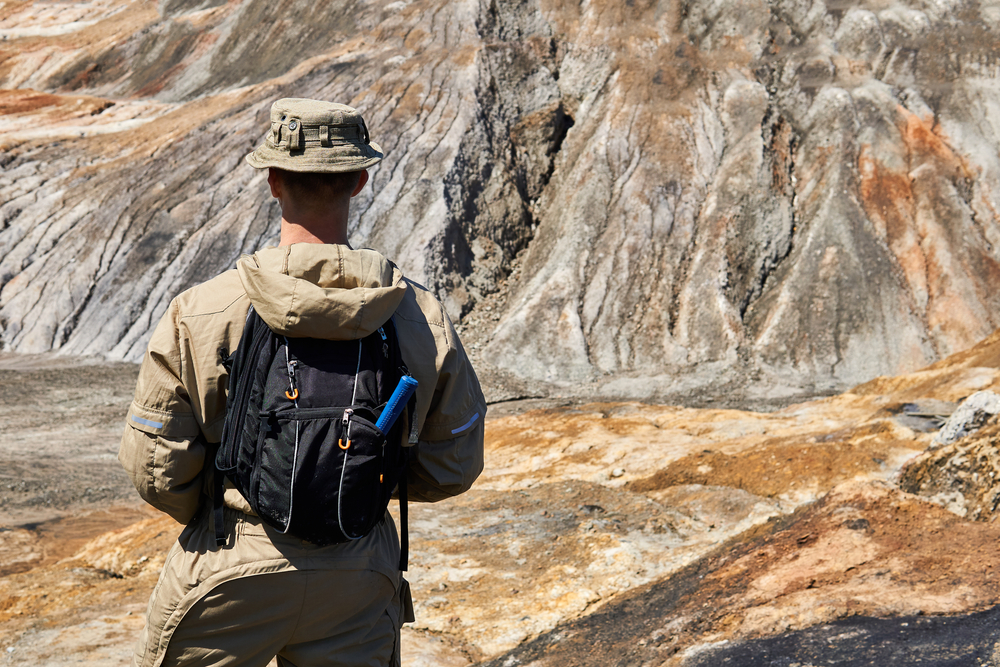
Surveys show that most people who graduated with a degree in geology and went on to work in the field will stay in it for between 5 and 10 years.
The specific employer matters here. Statistics from The Princeton Review show that over 60 percent of geologists who have been working in the field for 10 years or more are employed by large companies, universities, or the federal government rather than small, private firms.
Is becoming a geologist difficult?
Entry-level geology positions require a four-year degree, and additional certifications are often expected.
But according to both Forbes and Education Corner, the field is not necessarily a more difficult area of study than others.
Geology difficulty is considered “average,” with the most important factor being the student’s enthusiasm for the subject matter and ability to understand mathematical data.
Getting a geology degree is one thing but entering into a job as one is another. Most U.S. states require geologists to be licensed, which comes with additional post-college testing.
According to the National Association of State Boards of Geology, there is a 50% rate of failure with licensing tests.
How much do geologists make?
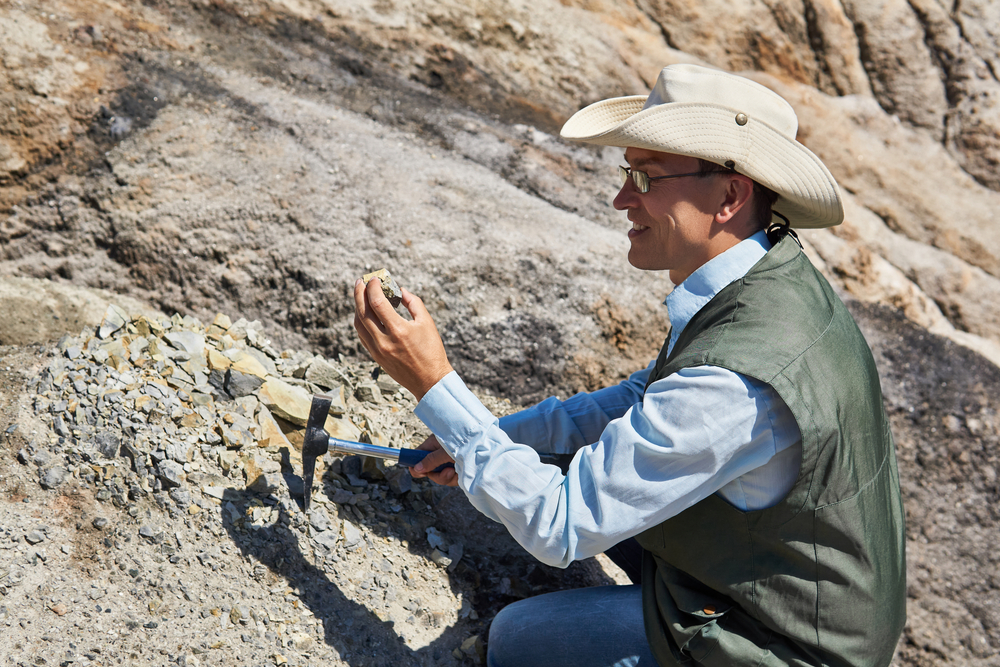
Pay is a top factor in determining job satisfaction and feeling a sense of worth. According to Payscale, the average salary for a geologist in the United States is $59,441, with the spectrum varying greatly depending on the area worked in and the geologist’s specialization.
A geologist just starting out may make $40,000 a year, while someone with decades of experience and advanced specialization may make upwards of $110,000 a year.
What are the disadvantages of being a geologist?
Despite geologists being happy on average, there are some disadvantages of the job that may affect long-term satisfaction.
To start, the Bureau of Labor Statistics predicts slower salary growth for geologists than average, meaning pay may not keep up with inflation.
Many geologists also have to put in a significant amount of travel time throughout their careers, which they may or may not be compensated for.
As for the actual work, geology is not an exact science and workers may feel extra scrutinized because their reports are open to different interpretations.
Depending on the area where a geologist works, significant physical endurance may also be required.
This can become more challenging with age or injury, and geologists may eventually have to switch to a position they don’t enjoy as much.
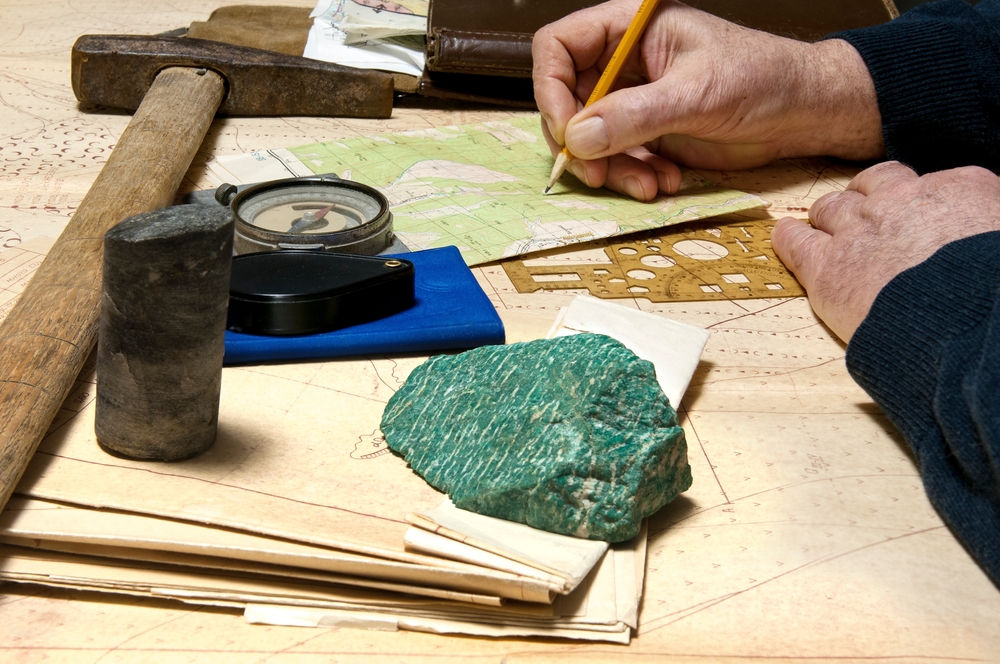
Is being a geologist stressful?
Being a geologist can also be stressful in regard to reaching data requirements and meeting report deadlines.
However, this on-the-job stress is similar to many other career choices and may therefore not result in any significant difference for geologists.
The location a geologist is working in can also cause environmental stress. For example, geologists may need to collect samples and record data from active volcanoes, earthquakes, and other areas prone to dangerous natural disasters.
Geologist David A. Johnston was killed in the 1980 Mount St. Helens eruption in Washington state, for example, while his colleague, Harry Glicken, went on to be killed in 1991 while collecting data on avalanches on Japan’s Mount Uzen.
Where are geologists in demand?
While most people think of geologists working in mountains and areas with significant rock features, these professionals are actually needed all over the world in every type of location.
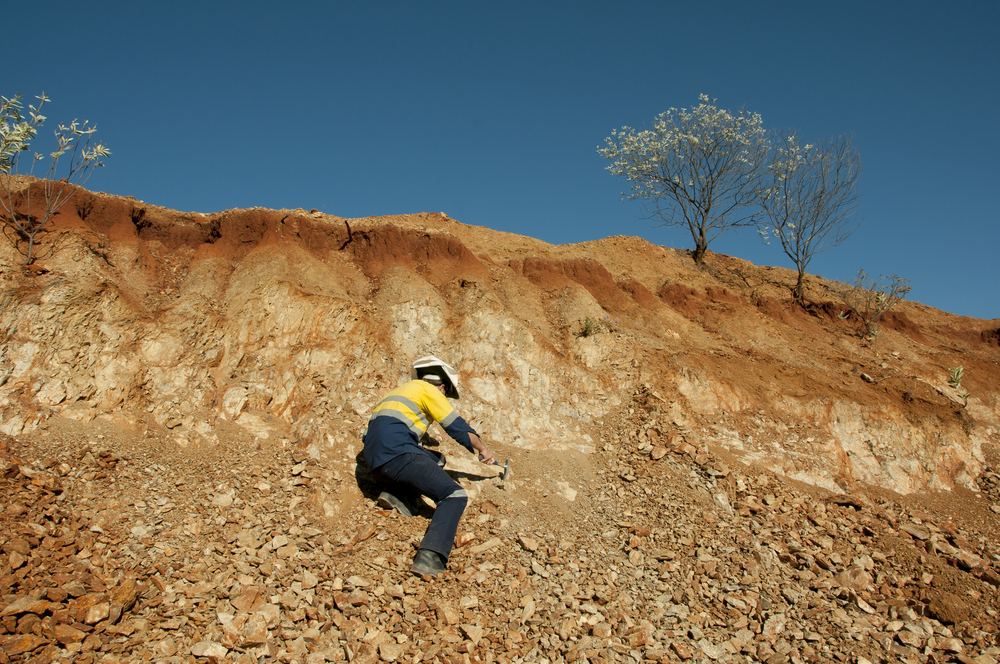
Geologists are needed to evaluate land stability for construction projects, and they are also necessary for predicting changes to the terrain as a result of weather or human intervention.
Governments, environmental agencies, and educational institutions everywhere require the work of geologists each year.

















